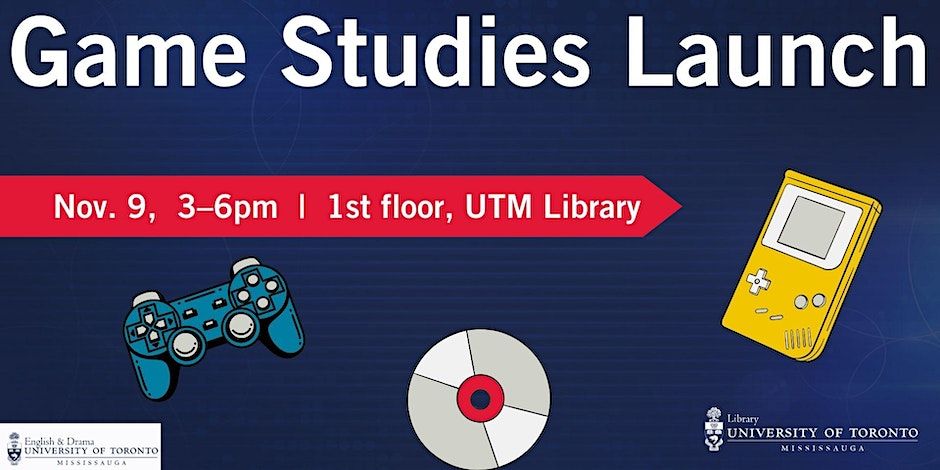University of Toronto Mississauga Elevates Game Studies: A New Frontier in Academia

In a groundbreaking move that underscores the ever-expanding impact of digital games on contemporary society, the University of Toronto Mississauga (UTM) has embarked on a journey to become a hub for the study of games. This forward-thinking institution has recently made significant investments in three valuable collections and the launch of a new Game Studies minor program. These initiatives have positioned UTM as a vanguard in the academic exploration of the world of games.
The Syd Bolton Collection: An Enthusiast's Dream
The first jewel in UTM's crown is the Syd Bolton Collection, a treasure trove for gaming enthusiasts. Comprising over 14,000 video games and hundreds of consoles and systems, this collection also boasts over 5,000 issues of game magazines, hundreds of books and literature, peripherals, and an array of related technology, materials, and documents. This vast assortment provides an invaluable resource for scholars, students, and the gaming community.
The Personal Computer Museum: Nurturing Nostalgia
The Personal Computer Museum brings a touch of nostalgia to UTM's gaming repertoire. Featuring over fifty unique personal computers, including classic gems like the Apple II, Commodore PET, Radio Shack's TRS-80, and the Commodore 64, this collection is a veritable time machine. It also houses thousands of computer games, software, and literature, allowing students and researchers to explore the evolution of computing and gaming over the years.
The EP Media Archive: Preserving Gaming History
The EP Media Archive is a remarkable repository of over 10,000 audiovisual records that document the history of video games through the lens of Electric Playground, Reviews on the Run, and other related shows and documentaries. This collection includes all episodes, raw audiovisual footage, interviews with game developers and industry executives, gameplay recordings, and promotional materials. It is a significant source for understanding the evolution of the gaming industry.
The Game Studies Minor Program: Preparing Future Game Scholars
Launching the Game Studies minor program in the Department of English & Drama, in collaboration with the Institute of Culture, Communication, Information, and Technology, is the capstone of UTM's commitment to the study of games. This program prepares students for careers in game design and criticism by focusing on the creation, distribution, and consumption of digital games in an industry with a significant presence in the Greater Toronto Area. As gaming's cultural and economic significance grows, this program positions UTM students at the forefront of this dynamic field.
In tandem with the acquisition of these impressive collections and the launch of the Game Studies minor program, UTM has organized a public forum to celebrate these milestones. The forum, led by a distinguished panel of academics, journalists, game designers, and community organizers, will explore the University's role in curating these collections and facilitating academic and community engagement in games. This panel features some prominent names:
- Jonathan Ore, a Journalist at CBC Radio, will serve as the moderator.
- Christine H. Tran, Doctoral Candidate at U of T Faculty of Information.
- Larry Switzky, Associate Chair of Research and Associate Professor in UTM's English & Drama Department.
- Kadeem Dunn, Founder of Diaspora Games.
- Stephanie Fisher, Co-Director of Pixelles.
- Victor Lucas, Creator and Host of The Electric Playground.
The public forum will provide a platform for these experts to discuss how UTM's efforts contribute to the growth and enrichment of the gaming industry and academia. It also signifies the University's commitment to fostering collaboration between academics, students, and industry professionals.
In conclusion, the University of Toronto Mississauga's investment in game studies represents a significant step in recognizing the cultural and educational value of digital games. The acquisition of unique collections and the introduction of a Game Studies minor program underscore UTM's dedication to preserving gaming history, advancing research, and preparing students for promising careers in the ever-expanding world of games. This initiative positions UTM as a trailblazer in this exciting and rapidly evolving field, where the fusion of technology, entertainment, and education is flourishing.
